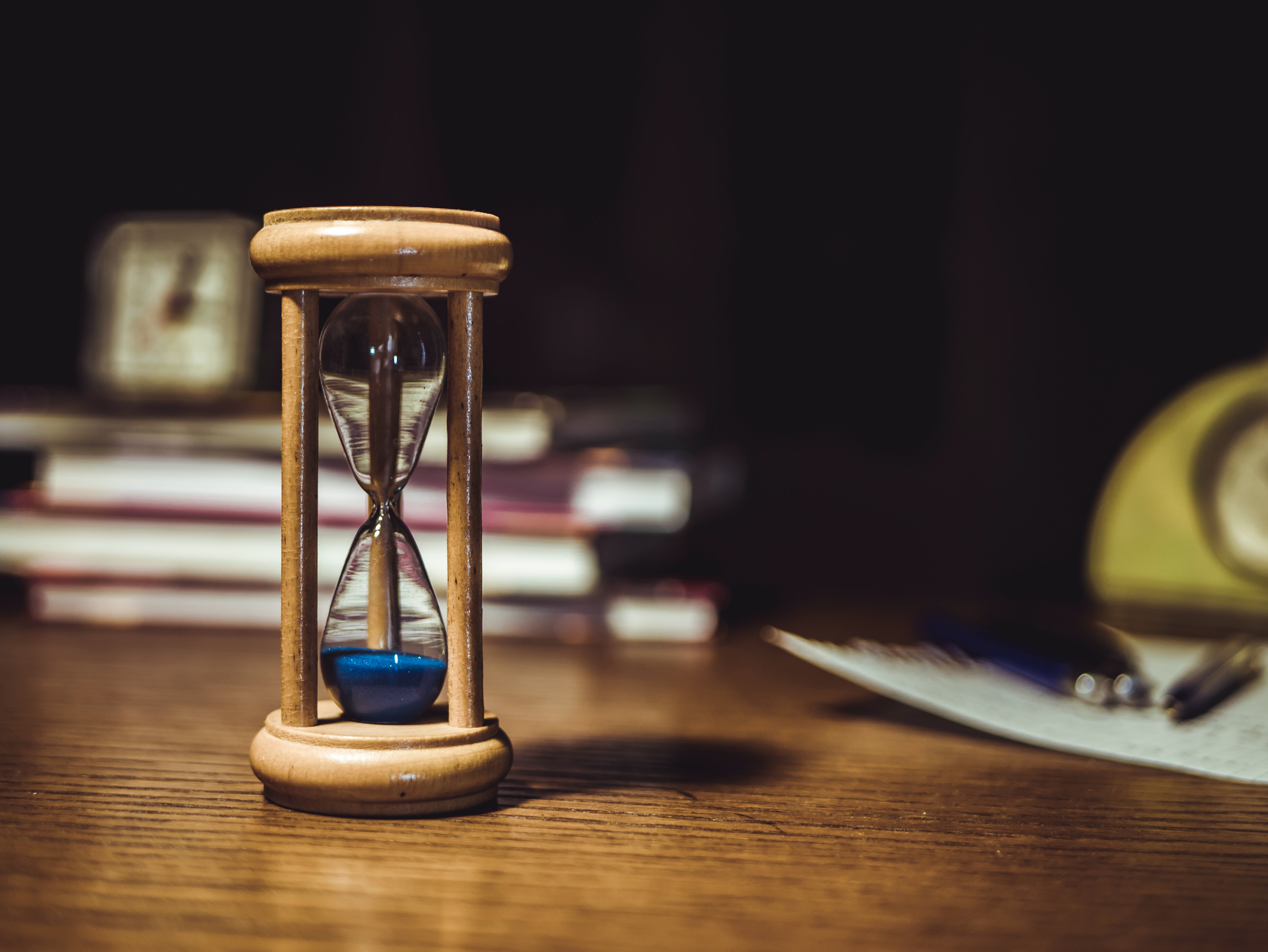In the 20th Century, there was a constant philosophical debate on the nature of time fueled by the work of the British idealist philosopher J. M. E. McTaggart. Henceforth his 1908 paper, “The Unreality of Time” Mr. McTaggart said this:
“Time is actually unreal because our description of it is necessarily either contradictory, circular or insufficient. We see the present moment we are living through as the ONLY present time. But, all other moments, past and future, also either were or will be the present time at some point or other, so how can this contradiction be reconciled?”
We can’t touch time, and we can’t feel it. Yet, it is fundamental to our lives. To quote Alan W. Watts, a British philosopher:
“We seem to be driven along by our past. We believe that life is moving under the power of the past, but that’s another fallacy; the past is the present. We don’t realize that the true reality in which we live is the present moment, the now. We spend most of our time and a great deal of our emotional energy living in time which is not here, living in an “elsewhere” which appears to be illusory.”
He adds: While we might be addicted to time; we end up developing a kind of chronic anxiety about it. Because of our sensitivity to the feeling of time, we want to be sure that our future be assured. Therefore, for most of us, the future becomes more important that the present. We become hooked to time. I will add that it is of very little use to us to be able to control and plan for the future unless we are capable of living totally in the present. So we tend to pursue something we can never reach, and that is the sense of certainty. No human can be sure of the future. We can only plan for it while living in the now.
I couldn’t agree more with Mr. Watts.
Arguably time is the most valuable thing you’ll ever have. In fact, the way you feel while you are using your time has a major impact on the quality of your life, your health, as well as your daily performance and productivity.
Let me explain. If you start your day feeling like you got hit by a truck, chances are you’d have a lousy day at best. An hour of your time would feel like three exhausting hours, and you’d experience little to no productivity. On the other hand, if you were waking up full of energy, your day would go by quickly. You’d be at the top of your game and accomplish much more than when you wake up feeling awful. Common sense? Not really!
Feeling energized is not only about the amount and the quality of sleep you get, the types of exercises you use and the kinds of foods you eat, but also about making sure that your physical, emotional, mental and spiritual energy reservoirs are maintained at adequate levels. We all know we can’t save time, but we can save energy, and when we do that, we are left with more productive time. Hence, managing energy, not time is key.
I would argue that your success and failure, in everything you do, depends almost entirely on how you feel. Are you feeling energized on most days? Do you take the time to exercise and eat healthily? Do you spend time with friends and family? Do you take vacations? Do you take the time to meditate, contemplate or pray?
Or do you kill time ruminating about the past? What about over thinking the future? Thinking about the future may trigger fear of the unknown. That is not the same as planning for it, which is always done in the present moment.
Energy is used to enhance your time; along with vitality it can lead to maximum life, performance and productivity. You can’t buy time, but you can renew your energy to save you more time. Let me illustrate, if you’re working on a project and are fully energized, you’ll execute the task quicker and more efficiently. If on the other hand, you lack energy, your chances of completing the project will be jeopardized by a lack of focus, motivation and wasted time.
Increase Your Energy Daily
• Think about what you want out of your time and life, not how much you can get done. Being busy doesn’t always amount to being productive.
• Be mindful and don’t overcrowd every minute with tasks.
• Assess all your priorities and activities. If they enhance your life, keep them. If they don’t, eliminate those you can’t tolerate and replace them with things you love doing, things such as hanging out with people who drain your energy, instead spend time with those who are upbeat.
• Start with the heavy stuff first; do your most important task, while you’re full of energy.
• Identify your peak performance times and schedule difficult work for those times.
• Slow down and learn the difference between productive and nonproductive activities.
Subtract one nonproductive activity from your life each day and replace it with a new productive and impactful activity until you reach the point of only doing productive and life-enhancing activities.


